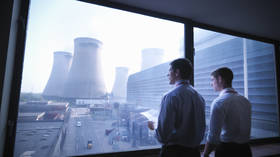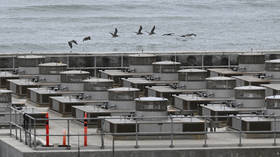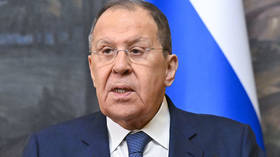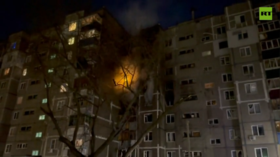Nuclear power generation to hit all-time high – IEA

Global nuclear power generation is set to reach an all-time high in 2025 as more and more countries turn to the technology as part of plans to reduce emissions, according to the latest forecast from the International Energy Agency (IEA).
Nuclear generation is in the midst of a resurgence and is expected to rise by nearly 3% annually on average through 2026, the IEA forecasts. The growth will be driven primarily by new plants in China and India, although South Korea and Europe are also set to see new nuclear facilities come online, according to the agency.
France is expected to increase its nuclear power output after maintenance of its facilities is completed, while Japan is on course to restart some of its nuclear power plants.
The UK, Sweden, and Switzerland are also among the countries that are on track to ramp up domestic nuclear power generation by extending the operating lives of existing plants and building new ones in a bid to boost energy security as electricity demand soars.
Growing renewable energy capacity and the global nuclear renaissance will provide more low-emission power generation over the next three years, according to the IEA.
“The power sector currently produces more CO2 emissions than any other in the world economy, so it’s encouraging that the rapid growth of renewables and a steady expansion of nuclear power are together on course to match all the increase in global electricity demand over the next three years,” IEA Executive Director Fatih Birol said in a statement.
In the wake of the 2022 energy crisis largely triggered by Western sanctions on Russia, which banned affordable Russian energy, many governments opted to revive their nuclear sector. A number of countries, most notably Japan and Germany, had pulled out of the industry following the Fukushima disaster in 2011.
The IEA also noted that the influence of Russia and China in the nuclear sector is growing and that the two countries are providing the technology for 70% of the reactors currently under construction worldwide.
For more stories on economy & finance visit RT's business section














